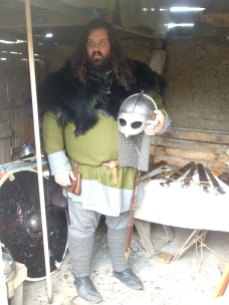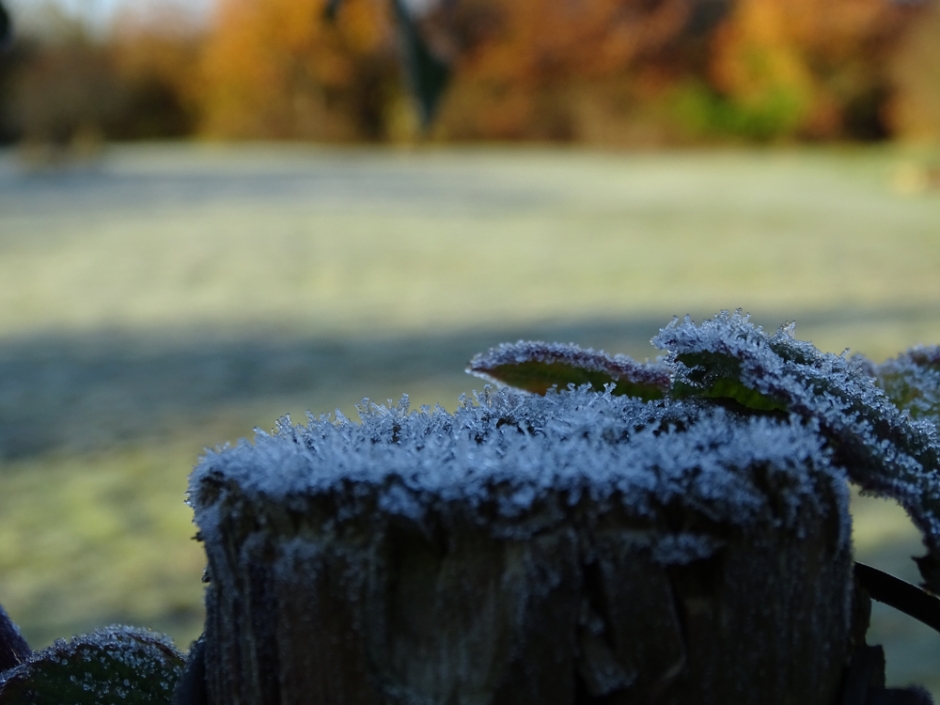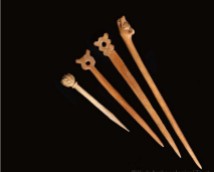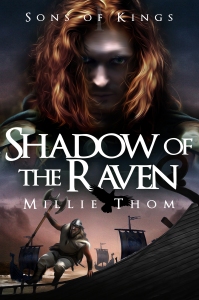
Historical fiction is something I love to write. The reason…? I simply love history, any time period and any setting. At present I’m concentrating on the Viking era in the mid-ninth century as I finish the third book in my Sons of Kings trilogy. The first two of these are in my sidebar over there, and the third will be titled Wyvern of Wessex. After that, I have plans for several other ‘histfics’, but not set in the Viking era.
So what exactly is historical fiction?
Well, until recently, most definitions told us that stories set fifty or more years ago could be classed as historical fiction. Recently, however, I’ve seen various sites that have reset that definition to twenty-five years. For someone of my age, twenty-five years ago seems just like yesterday and that definition does little for my self-image. I’m already feeling like an old fossil.

Twenty five years only takes us to the early nineties. So a book set in 1991 is now classed as historical fiction. Oh my…! But when I think about it, even yesterday is history… one second ago is history. I suppose past times, no matter how recent, are all ‘history’.
As for actually writing historical fiction, just what does it involve?
For starters, like several other genres, it involves the writer doing a lot of research (unless he or she a hugely successful author and can afford to hire people to do it for them). Fortunately, doing research is so much easier nowadays than it was years ago when the only place for doing it, other than buying your own text books, was the good old library. But now, authors have the Internet and access to numerous informative sites, including those about history.

Having said that, I would never, ever, dismiss the value of good books about the period and historical characters I want to write about. I have some excellent texts that have been invaluable. But online sources can give us lots of interesting – and different – information. And, of course, there’s still the library.

Exactly what you research can include anything from dates of characters’ births and deaths, to dates of important events of the time. But details about everyday life are important, too. We need to know things like building types, foods (and how and when they were cooked and eaten) clothing and general customs and attitudes. All add to the authenticity of the story – but must be ‘fed’ carefully and intermittently into the story.
Getting details about the period wrong is definitely not a good idea, as there will always be at least one reader who’ll notice. Several years ago I read an article in a Writing magazine by an editor in the US. In this article, he quoted what he called the ‘worst example of historical inaccuracies’ he’d ever come across. It was in a book about Mary Queen of Scots, who was beheaded in 1587. (The author’s name and book title were not divulged, of course). He quoted a scene between Mary and her husband, Lord Darnley, which I’ll re-quote as closely as I remember it. Mary supposedly says:

Darnley, honey, let me fix you a chicken sandwich.
I’ll leave you to pick out what’s wrong with that one – but I found it hilarious!
For my trilogy there were two main things I had to focus on. The first was the life of King Alfred the Great, one of the two main protagonists. This is one of the two statues erected in his honour (both in Victorian times as you can probably tell from the photo below). This one is in the Market Place in Wantage, Oxfordshire (formerly Berkshire), which is believed to be where Alfred was born.

I also had to focus on Viking ships and voyages as well as everyday lifestyles of both Vikings and Anglo-Saxons in the mid-ninth century.These are a few ‘photos of photos’ we took in Denmark, so I apologise for the poor quality of them. They were taken at Lindholm Høje in northern Denmark. Some are from inside the museum, others are of the very famous Viking burial ground there.

Inside a Viking home

Viking funeral pyre

Lindholm Hoje ship burial

Viking forge

Viking cart

Viking village

Viking storage trunk

Viking boy in a cart
The Jorvik (pronounced Yorvik) Viking museum in York (Yorkshire, UK) was also excellent for information about Viking life. The museum succumbed to floodwaters when the River Ouse flooded in December 2015 and won’t be open again until spring 2017. Fortunately, most of the exhibits were saved.

Mending fishing nets

Viking shoes

A woodturner

Viking woman – typical dress with the houeshold keys

Anglo Saxon Helmet found in York

Jorvik Vikings

Amber beads

Jorvik Vikings
All in all, the research kept me busy for quite some time. But, we visited some wonderful historic sites and museums in both England and Denmark as part of it. So that can’t be bad, can it? The visit to Denmark really helped with the parts of the books set there – a lot of Book One in particular, which is mostly about my second protagonist, Eadwulf of Mercia. Although he’s a fictional character, the main events in my book that take place in his kingdom, are not.
We still love to visit historical sites related to all periods of history. Reenactments are a particular favourite at the moment, and we’ve been to a few this year. These photos are from a battle between Alfred and the Danes staged at Corfe castle in Dorset in May.
And these are from the Viking Village at Murton, near York. I wrote a post about this in April this year.

Viking on guard duty

Viking weapons

Viking storage chest

Women doing th cooking

Bear with his helmet

Firewood

Bear!
‘Bear’ is really quite something, and he was very helpful in explaining all about his unusual helmet and why few Vikings ever adopted that style. All ‘grist to the mill’, as they say.











































































